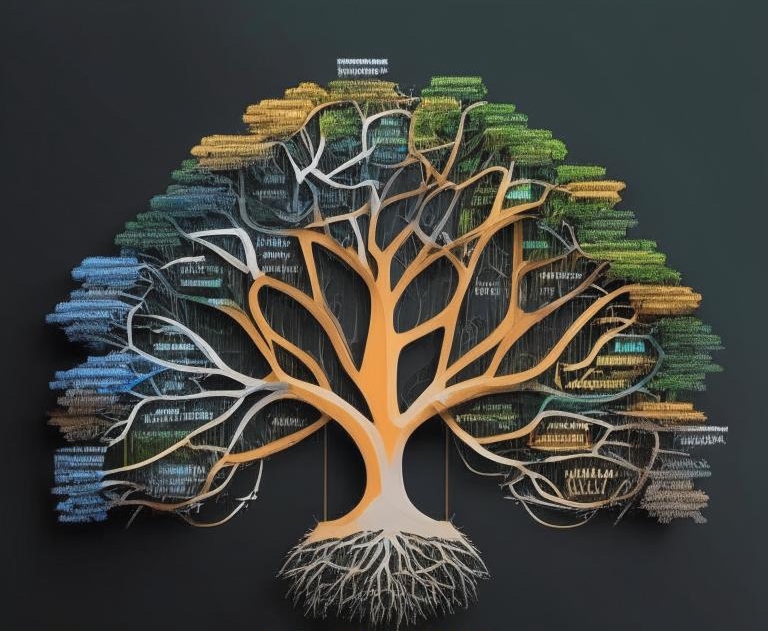Communication Platforms
by Oleg Sovetnik
Let’s explore communication platforms, including messengers, video conferencing systems, and platforms for managing corporate emails and communications. These systems play a crucial role in organizing remote interaction and ensuring efficient management of internal and external corporate communications.
- Messengers and video conferencing systems: tools for communication and remote interaction (e.g., Zoom, Slack, Telegram).
- Platforms for managing corporate emails and communications: software solutions for automating and organizing internal and external communications (e.g., Microsoft Exchange, Gmail for Business).
Sociological Theories for Conceptualizing Communication Platforms:
- Actor-Network Theory (ANT) (Bruno Latour)
Communication platforms unite people, technologies, data, and interfaces into single networks. Messengers and video conferencing systems serve as fields of interaction for various actors: communication participants, technical systems, servers, and applications. ANT helps explain how each element influences the communication process and the outcome of the interaction.
The Umwelt in communication platforms reflects how the system “sees” interactions between people, texts, data, and video. Messengers and video conferencing platforms become spaces where all these components work together, forming a unique context for each communication session.
- Mediatization Theory (Friedrich Krotz)
Mediatization theory describes how media and digital communication technologies become an integral part of all areas of social life. Messengers and video conferencing systems alter the way people interact, providing new channels for communication, work, and social exchange. This creates new rules and forms of interaction.
The Umwelt here captures how messengers and video communication systems structure communication processes, changing traditional social norms and formats. These platforms create new “mediated” forms of interaction, where technology not only facilitates communication but also shapes its rules.
- Symbolic Interactionism (Herbert Blumer)
Symbolic interactionism focuses on how people interpret and create meaning in the process of interaction. Communication platforms introduce new symbols and interfaces through which participants construct their actions and responses. For example, emojis or reactions to messages can be seen as new symbols of communication.
The Umwelt in these systems describes how people create and interpret symbols and messages during interactions on platforms like Slack or Microsoft Teams. Here, technologies are not just tools but active participants influencing the meaning-making process.
- Systems Theory (Niklas Luhmann)
Luhmann’s Systems Theory emphasizes how communication within organizations and societies is structured and organized. Communication platforms can be seen as systems that manage information flows and create conditions for interaction. They establish specific rules and formats in which the exchange of information occurs.
The Umwelt in these systems describes how corporate platforms perceive and process messages, automating email and communication processes, and creating conditions for more efficient user interactions.
For communication platforms, Mediatization Theory (Friedrich Krotz) is the most appropriate. It views messengers and video conferencing systems as technologies that profoundly transform social and corporate communications. These systems not only facilitate information exchange but also create new norms of interaction, which fundamentally change organizational processes.
messengers communication systems-theory mediatisation-theory actor-network symbolic-interactionism theory
